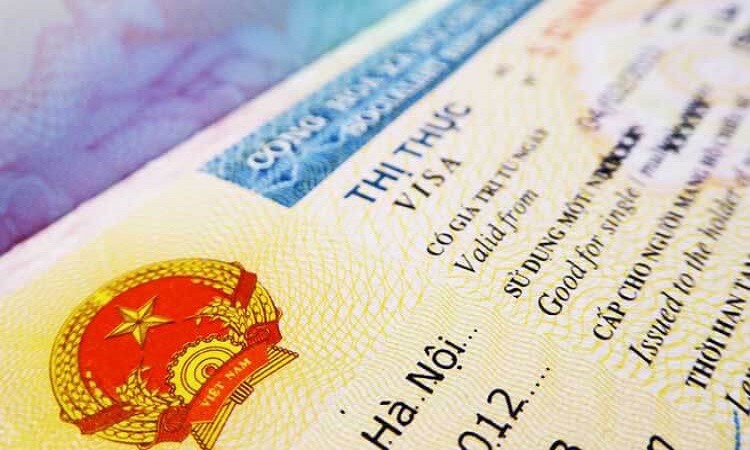Following the government’s decision to extend the validity of visas to 90 days and allow multiple entry, a considerable number of foreign tourists are now planning extended holidays in Vietnam, local media reported.
Among them is Oliver, a German resident, and his wife, who are excited to spend a long winter holiday in Vietnam this year.
Their plan involves applying for three-month visas in November, allowing them to explore Vietnam just as they did before the Covid pandemic. They intend to begin their journey by booking a spacious apartment in Nha Trang, where they have many close Vietnamese friends. From there, they will embark on trips to various places, including Hanoi, Ha Tinh, Vinh, Da Nang, and Hoi An, as they also have good friends residing in these cities.
Once their visas expire, they have a short detour to Singapore planned before returning to Vietnam with new visas. Their goal is to extend their stay in Vietnam for approximately four months until the cold winter in Germany has passed.
Oliver’s holiday plans are representative of numerous foreigners who have been drawn to Vietnam since the National Assembly tripled the validity of tourist visas to 90 days, along with offering visa-free periods of 45 days for nationals of certain countries, effective from August 15.

Another individual, Petr Weisenbilder from Poland, expressed his intention to return to Vietnam in September or October for an extended stay, specifically in Mui Ne on the central coast known for its beach adventure activities. He, like many others, has eagerly awaited Vietnam’s three-month visa policy.
Online booking platform Agoda’s data analysis indicates a significant surge in accommodation searches in Western countries for long vacations in Vietnam since the visa rules were relaxed. This increase has been particularly pronounced among long-haul travelers from North America, the EU, and Australia-New Zealand, who usually face stricter visa restrictions and endure lengthier and costlier return flights, making them more inclined to opt for extended vacations compared to those within a shorter flight radius.
The French witnessed the most significant rise in accommodation searches with 72%, followed by visitors from the Netherlands (45%), New Zealand (41%), Germany (40%), and the U.S. (38%).
Recently, the European Chamber of Commerce in Vietnam urged the government to consider waiving visas for the remaining 20 countries within the 27-member EU. At present, only nationals of Germany, France, Italy, Spain, Denmark, Sweden, and Finland can enter Vietnam without a visa.
According to local media, with the surge in interest from foreign tourists, Vietnam welcomed 5.5 million visitors in the first half of the year, achieving 69% of this year’s target of eight million tourists.
